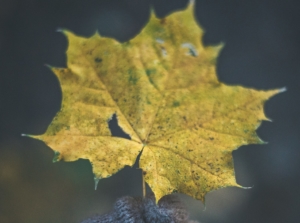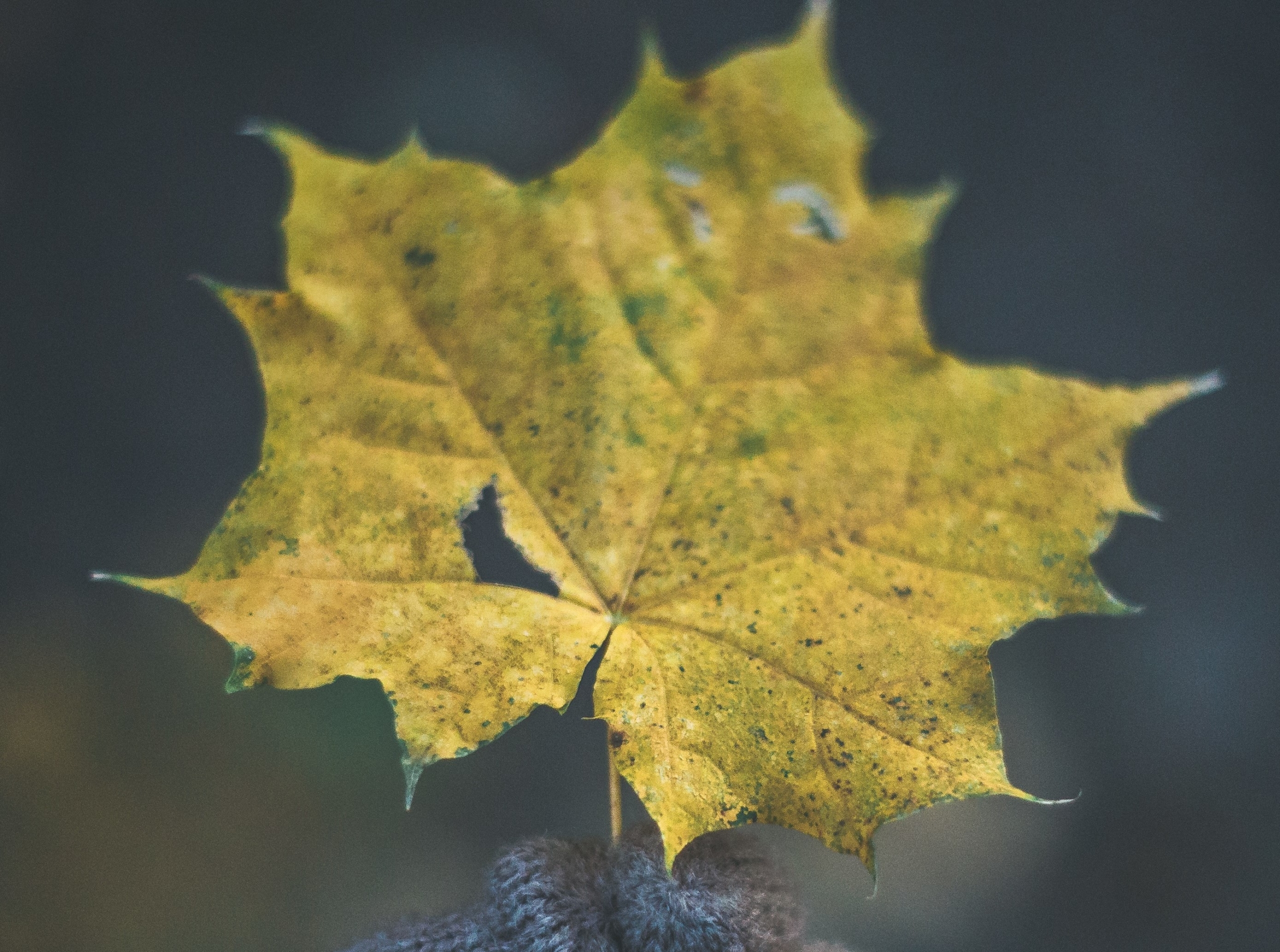When Less is More: Indian Practices for Protecting the Environment
Saad Razi Shaikh explores how tapping into India’s cultural practices can fulfil the Prophetic command to not waste resources, and to protect the environment.
And do not waste, for God does not love the wasteful. [Quran 6:141]
About two weeks back, I heard a scrap dealer passing by the road in front of my house. His booming voice announced the time had come to clear the unused items from the house. His voice was a familiar one in the neighbourhood, yet it was only now that I began to ponder about people like him, and the practices they represented.
In this case, I reflected on the many ways old objects are recycled and reused, and particularly so in my home country, India. Here, there exists a whole cultural system of reusing and recycling. In our house, there was a special place to store old newspapers, old plastic, and old utensils. Each of these would be separately sold to a scrap dealer, who would send it further up the recycling ecosystem.
The dealers had unique barter systems. We would exchange our old clothes for new utensils. As for old blankets, they would not be thrown out. A group of women would drop into our neighbourhood. Armed with needles and thread, they would sew together these blankets, creating what you could call a superblanket, a ‘godadi’ which would act as a formidable defence against the winter cold.
Food, a dear necessity of life, had its own reuse routines. If curry and rotis were left from the night, they would be mixed and heated together the next day, a dish that we called sareed. If fresh roti was left, my mother would grind it together with sugar and cardamom, to make ball-shaped sweets called laddoos. Leftover meals would be taken by the domestic workers who came to our locality. If small morsels and bits remained, they would be fed to crows and other birds.
These routines, of reusing and recycling, were the traditions I grew up with. Much later, when I had seen the world a bit, and dug through a few books of the Deen, I came to appreciate them for what they truly were: a way to sustain, conserve and make the most of our limited resources. Little to nothing would be wasted in the house, and we were taught that from an early age.
But as we grew older, we became more susceptible to the consumerism of the society we lived in. Malls sprang up in place of the bazaar. We frequented it first, dazzled by the sheer breadth of products on display. If that wasn’t enough, Amazon landed in our homes, and we ordered products as if the world was ending tomorrow-which is not far-fetched, seeing the rapid depletion of resources and the sheer abuse and violation of the environment. Woke as we were, we read news pieces on the environment, cheered when the Paris Deal was signed, switched off our lights every year on Earth Hour, and furiously signed internet petitions for saving the environment.
Yet, we faltered where it mattered the most; in taking ourselves into account. Each one of us is mukallaf, a sane, believing adult is accountable for his or her actions. We are the vice-regents of Allah, to whom the Earth has been entrusted as an Amanah, a trust. In our wanton consumerism, unsustainable lifestyles and poor management of our resources, how well are we carrying the trust we have been given?
Here’s my humble take: the environment will continue to degrade until each one of us begins to take responsibility for our actions. Petitioning governments to change their policies is fine. But we need to make a real commitment to tone down our own consumption.
A good start is knowing our carbon consumption. Are you using your car when public transport is available? Are you using plastic when you can carry your own bag? Is your plumbing leaking the life out of the water systems? Do the products you are buying adhere to the latest environmental standards? Finally, are there ways you can reduce your wastage? Are there avenues for you to recycle and reuse your old stuff?
The Prophet, Allah bless him and give him peace, the best of creations, laid great emphasis on avoiding wastage. He asked the believers to marvel at the signs of Allah in the creation of the heavens and the Earth. We need to return to that sense of awe, of marvelling at nature and knowing that we are entrusted with it. Our mindless consumerism is blinding us to the fact that we are accountable to Allah, and that on the Day of Judgment, every action of ours will be measured.
It is said that Abu Bakr al-Siddiq, when on his deathbed, asked his daughter Aisha, may Allah be pleased with them both, not to spend money to purchase cloth for his shroud, and to instead use the bedcloth he was sleeping on to shroud him. We need to remember examples like the actions of the righteous and how they can be of benefit to us, both in this world and the next. We need to respect the environment, to know that we do not own it, that we are its mere trustees.
This is where tapping into our traditional practices of sustainability can come in handy. Each culture has valuable practices which fit this concept, and my example is just one amongst plenty. We need to revive them, for they allow us to follow an Islamic ideal while doing our part to save the environment.
May we be those who respect the environment. May we neither waste nor neglect the bounties entrusted upon us.
Saad Razi Shaikh is a journalist based in Mumbai. He writes on popular culture and community initiatives. He can be reached on Twitter @writweeter
